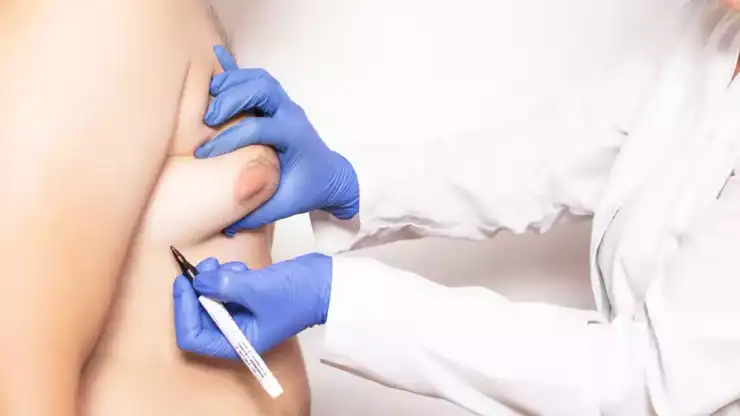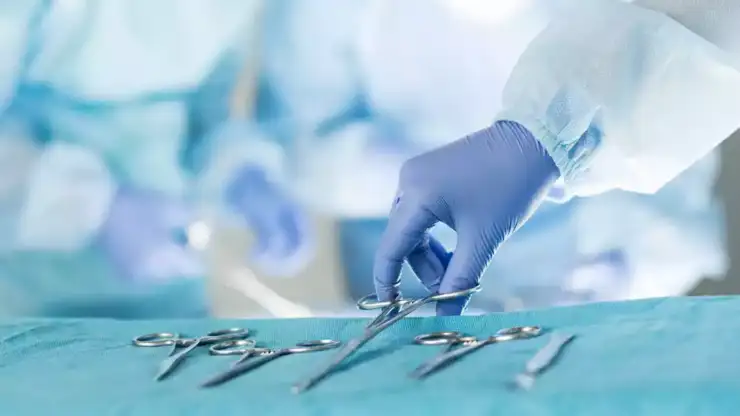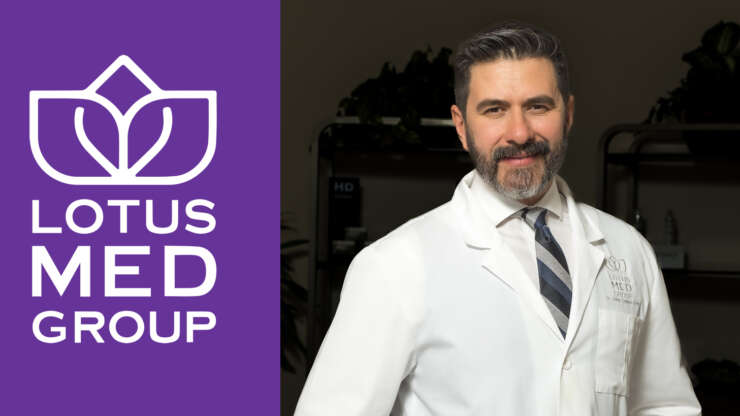Gynecomastia, the enlargement of breast tissue in males, can greatly impact both physical comfort and emotional well-being. Addressing this condition often involves surgical intervention, but understanding the potential gynecomastia complications is crucial for a smooth, successful treatment process.
What is Gynecomastia?
Gynecomastia results from an imbalance in hormonal levels in men, leading to an increase in breast tissue. While the condition is often harmless, it can cause significant discomfort and embarrassment, impacting the individual’s quality of life. Gynecomastia complications can affect one or both breasts and are quite common, with various potential causes, including hormonal changes during puberty, medication side effects, or underlying health conditions.

The impact of Gynecomastia
Gynecomastia presents both physical challenges and psychological burdens. The physical aspect involves the noticeable enlargement of breast tissue, which can cause discomfort and restrict certain activities. Emotionally, the condition can lead to low self-esteem, anxiety, and social withdrawal. Understanding these gynecomastia complications highlights the importance of seeking treatment to improve overall quality of life.
Physical challenges
- Discomfort and pain: Enlarged tissue can cause tenderness in the chest area, which is exacerbated by physical activity.
- Activity restrictions: Physical exercises, especially those that involve chest exposure, may be avoided due to discomfort or embarrassment.
- Postural issues: The excess weight can sometimes lead to back or shoulder pain, affecting posture over time.
Psychological impact
- Self-esteem: Men with gynecomastia often experience a decline in self-confidence, impacting social interactions.
- Mental health: Anxiety and depression can arise from continuous dissatisfaction with body image.
- Social withdrawal: Many may avoid social situations to hide their condition, leading to feelings of isolation.
Surgical treatment for gynecomastia
For men struggling with gynecomastia complications, surgical intervention is a highly effective treatment option. Surgery can provide both physical relief and psychological benefits, leading to improvements in quality of life.
Types of surgery
- Liposuction: Often used for cases where the gynecomastia is caused predominantly by fatty tissue. Liposuction involves small incisions through which fat is suctioned out, resulting in a flatter chest contour.
- Mastectomy: Involves the removal of glandular breast tissue through a small incision, typically at the edge of the areola. This method is common for removing excess glandular tissue rather than fat.
- Combination approach: A combination of liposuction and mastectomy may be necessary for some patients to achieve optimal results, particularly if both fatty and glandular tissues contribute to the enlargement.
Expectations and post-operative care
- Immediate post-op: Post-surgery, patients typically experience some swelling, bruising, and discomfort, managed with prescribed pain medications.
- Compression garments: Wearing a compression garment is critical in the weeks following surgery to help reduce swelling and support healing.
- Activity restrictions: Patients are advised to restrict physical activity, especially heavy lifting and exercises, for a few weeks to promote optimal recovery.
- Seeing results: Initial results can be seen almost immediately, although final results are more apparent once swelling has completely subsided, usually after a few months.
- Follow-up appointments: Regular follow-up appointments are essential to monitor healing and address any potential complications.

Understanding surgical complications
Gynecomastia surgery, though effective, carries potential gynecomastia complications that require careful attention during recovery to mitigate. Emphasizing the importance of a dedicated recovery process is key to avoiding these issues:
- Infection: This is a common concern that can delay healing, demanding timely administration of antibiotics. Rigorous adherence to recovery protocols, such as maintaining incision cleanliness, is essential to prevent infections.
- Scarring: While usually minimal, scarring can be a cosmetic concern for some. Ensuring proper wound care and following your surgeon’s advice during the recovery phase can significantly reduce the risk and visibility of scars.
- Asymmetry: An uneven surgical result can occur if tissue removal is imbalanced. It’s crucial to engage in a structured recovery plan, as this encourages uniform healing and helps achieve symmetrical outcomes.
- Hematoma: This condition involves a collection of blood outside blood vessels and requires prompt medical response. Observing post-surgery guidelines and avoiding premature physical activity aids in minimizing this risk.
- Delayed healing: Recovery can be prolonged due to various health factors, but a committed recovery regimen,focusing on nutrition, rest, and hydration, facilitates timely healing. By prioritizing recovery, you not only avoid complications but also enhance long-term results and satisfaction with the surgery.
Psychological benefits of surgery
In addition to the physical benefits of surgical treatment for gynecomastia complications, significant psychological improvements are often observed:
- Enhanced confidence: Patients often report a boost in self-confidence and self-esteem post-surgery, feeling more comfortable in clothing and social situations.
- Improved mental health: Relief from anxiety and depression related to body image can transform a patient’s mental health, leading to a more positive and active lifestyle.
- Social re-engagement: Many men become more willing to participate in activities they previously avoided, such as going to the beach or attending events, without fear of exposure or judgment.
- Body image satisfaction: Post-surgical improvements contribute to a more positive body image, helping to mitigate issues related to body dysmorphia or negative self-perception.
Regain confidence and comfort
Addressing gynecomastia complications through surgery enhances not only physical appearance but also restores confidence and emotional well-being. For those considering this transformative treatment, understanding the surgical process and prioritizing post-operative care are crucial for achieving lasting and satisfying results.

At Lotus Med Group, we excel in providing both plastic surgery and a top-tier plastic surgery recovery house, ensuring you are cared for every step of the way. Our supportive and caring environment is specifically designed to minimize gynecomastia complications and ensure your comfort during the recovery journey. With an expert team committed to your well-being, we help you navigate the path to a confident and transformed self, ensuring both effective treatment and a smooth recovery free from potential gynecomastia complications.

